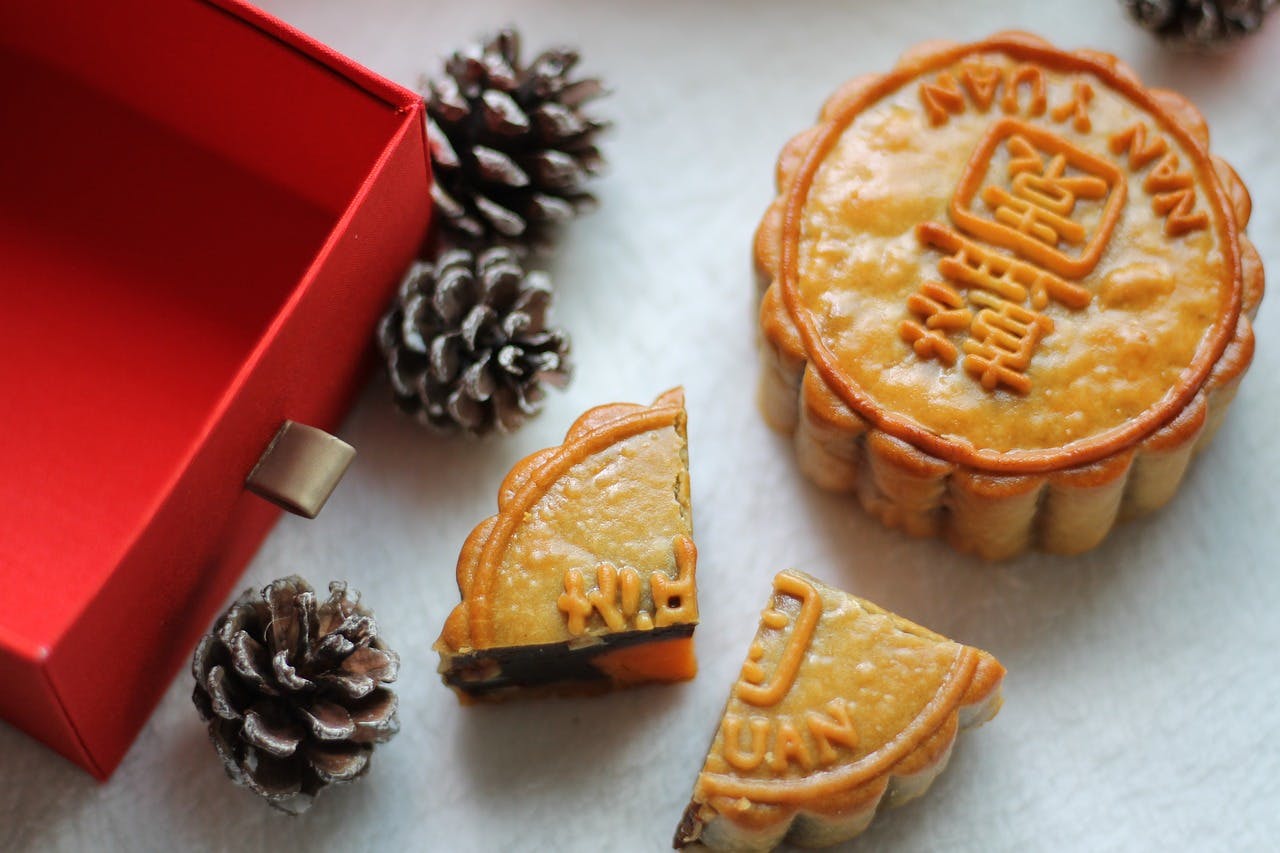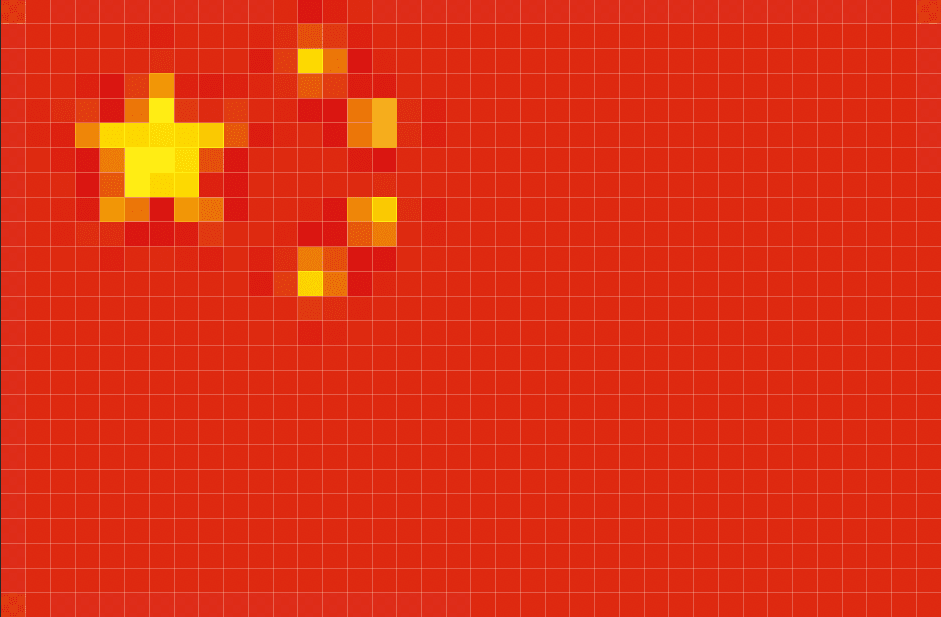your cart
Your cart is empty.

As with many things in Chinese culture, certain foods hold a symbolic meaning, representing things such as luck, family or fertility. Such ingredients are then enjoyed during the festivities of holidays that are celebrated throughout the year in China, such as the Lunar New Year or the Mid-Autumn Festival. We take a look at some of the most important symbolic Chinese foods.
Often, the symbolic meaning is attributed to a specific food due to the shape of the food, for example, if it is round, it may represent unity, whereas a long food can be symbolic of longevity.
Another way a food is made significant is by its name; some Chinese words sound quite similar, so if a food name sounds like the word for ‘luck’ or ‘love’, for example, the ingredient may become linked with that word!
Noodles
As noodles tend to be fairly long, they are a symbol of longevity in China. Signifying having a long life, noodles are often served up during birthday celebrations in Chinese culture.
Because of their significance, it is considered very unlucky if any of the noodles are cut up, as this would then be symbolic of cutting your life short!

Eggs
While eggs are symbolic in many cultures, in China they represent fertility.
After the birth of a new baby, some parents host a party known as the ‘red egg and ginger party’, which celebrates the one-month birthday of the child. On this occasion, the parents will pass out hard-boiled eggs to announce and commemorate the birth. Some Chinese families will give a different number of eggs depending on the sex of the child, with an odd number presented if it is a boy, and an even number given if it is a girl.

Duck
Duck is one of the most commonly eaten dishes at a Chinese wedding as it is symbolic of fidelity.
The duck will be prepared as Peking duck, as the red colour this cooking method gives the meat is also symbolic, with red meaning happiness and luck in China. Due to this, the dish will also be prepared for holidays, particularly during the New Year celebrations.

Fish
While some people in the rest of the world may be less than happy to be presented with an entire fish on their plate, Chinese people see this as a sign of prosperity. The Chinese word for fish, ‘yu’, sounds like the Chinese word for abundance or riches, and so eating fish is seen as a way to prosper and make your wishes come true!
When served at a dinner, the fish will be dished up last and will be presented whole. The fish will be placed on the table facing towards the guest of honour, who is usually the eldest person.

Chicken
Symbolic of a good marriage and the unity of family, chicken is often served at Chinese weddings, as well as during the Chinese New Year. Often, the chicken will be served whole, as this is representative of family unity.
Chinese culture sees chicken as a symbol of the Phoenix, and so chicken feet are sometimes described as ‘phoenix feet’ during banquets!

Citrus Fruit
At the Chinese New Year, tangerines and oranges are given out due to the fact that the Chinese words for these fruits sound like the words for ‘luck’ and ‘wealth’.
Likewise, the pomelo is enjoyed during festivities as its name sounds similar to the phrase ‘to have’ in Chinese!

Cake
Sticky rice cake is enjoyed during the Chinese New Year celebrations and has many layers of significance. Firstly, the sweet taste represents having a rich and good life. The layers of the cake are symbolic of the abundance to come over the next year, while the round shape is symbolic of coming together and reuniting as a family.
The round shape of another Chinese celebratory cake, the Mooncake, is also symbolic of the unity of the family, as well as being a representation of the harvest moon for the Mid-Autumn festival.

If you would like to make a Chinese meal involving oriental noodles, check out the range available at Oriental Mart, including egg noodles, udon noodles and instant ramen!
this site uses cookies
We and our advertising partners use cookies on this site and around the web to improve your website experience and provide you with personalised advertising from this site and other advertisers. By clicking allow, you accept the placement and use of these cookies for these purposes. Learn More


